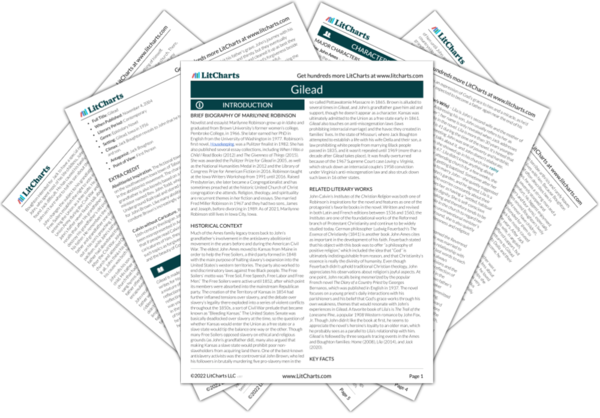Because John’s grandfather’s convictions were so central to his identity, his disagreement with his son on this matter would have been intensely personal. But it becomes clearer that his son’s opposition had much to do with being abandoned during the Civil War. The strain of trying to hold things together at home, with a sick mother and a runaway brother, would have inevitably shaped John’s father’s feelings about the demands that war makes on families. He probably also felt that his father chose to put his ethical commitments ahead of his wife’s and children’s needs.
